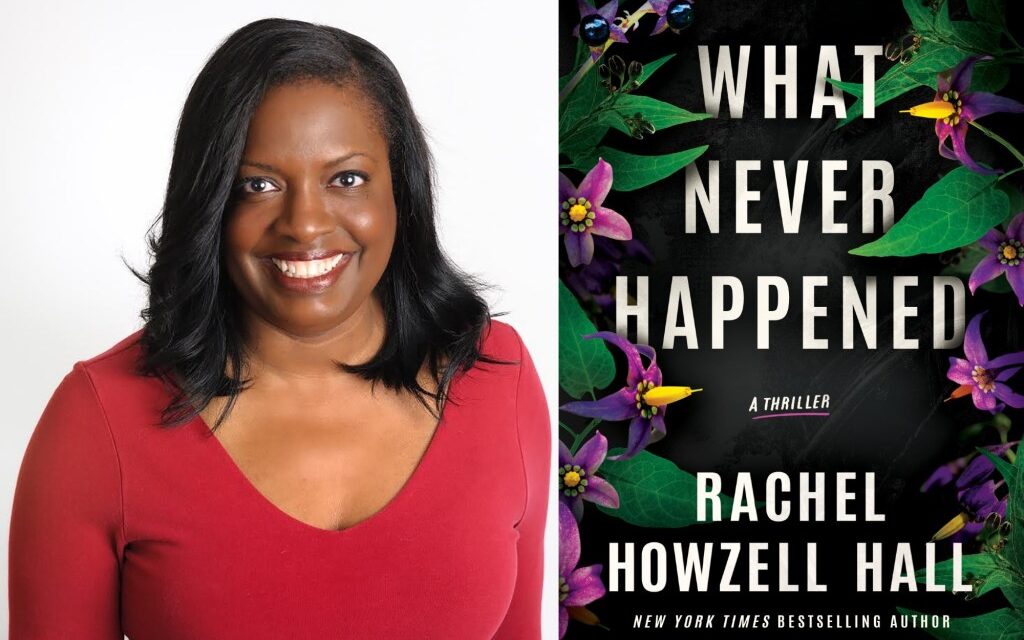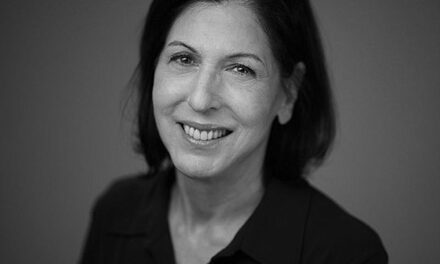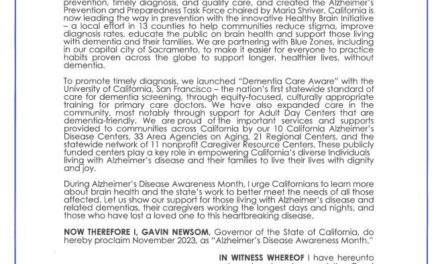
Growing up in Los Angeles, Rachel Howzell Hall remembers taking a school field trip to Catalina Island. But it was years later, during a visit with her husband and daughter, that Hall says a private tour guide provided her with an eye-opening glimpse of the island.
“As she’s taking us everywhere, she’s spilling the tea on what’s going on on the island,” the L.A.-based crime writer, who took the private tour twice, recalls. “I wanted to explore what paradise actually is.”
See also: Sign up for our free Book Pages newsletter about bestsellers, authors and more
In “What Never Happened,” Hall’s latest thriller, an obituary writer from Los Angeles returns to the island 20 years after her family had been brutally murdered there. Set during the early stages of the COVID-19 outbreak in 2020, the protagonist must investigate a series of mysterious deaths as the pandemic turns the island, which is already an hourlong boat ride from Long Beach, even more isolated than it ordinarily would be.
“I wanted to take that experience of always feeling isolated in some ways and then move it to a place that’s isolated from the larger place and then add a pandemic, where we’re about to be isolated from each other,” Hall says.
Hall, who published her debut novel, “A Quiet Storm,” in 2002, is the author of the award-nominated “We Lie Here” and the Lou Norton series of mysteries. She works a full-time job in addition to writing novels, and until a couple of years ago, she was also managing her now college-aged daughter’s schedule.
“Between the day job and being an active mom with an active child, I didn’t have much time to write. So, I would either write at lunch or towards the end of the day,” she explains. When the end-of-the-day schedule no longer worked, she began rising early to write between 4:30 and 6:30 a.m.
To be working those morning hours, Hall says, you have to be passionate about what you’re working on.
“I tend to write about things that scare me or bother me, or … that I just can’t let go,” says Hall. She adds that now that her daughter is a young adult, Hall’s fears have morphed. “I’m not necessarily as scared for me, but more for her, so I find that my stories kind of mimic that,” she says.
Writing crime-centered fiction, Hall has the opportunity to dig into issues that interest her.
“I like crime because it gives writers the chance to talk about troubling things, scary things. Societal things. But with this veneer of entertainment,” says Hall. “We’re talking about some serious, serious stuff, the worst things that can happen to someone, but it’s put in a plot-driven, but also character-driven, kind of structure that everyone loves.”
In “What Never Happened,” the protagonist Colette “Coco” Weber is Black, which provides Hall the opportunity to explore the troubling history of race on Catalina Island. While doing her research, Hall tracked down a scholar who wrote her dissertation on the subject and the two spoke extensively.
“Back in the 30s and 40s, Black people weren’t allowed on ferries,” Hall notes. “That’s the way you get to Catalina. If you can’t get there, you can’t live there.”
“What Never Happened” also touches on ageism, with a string of deaths that are, despite suspicious circumstances, shrugged off due to the advanced age of the deceased women.
“I wanted older women, vulnerable women, who were also strong and interesting women to be the focal point for this,” says Hall.
“As a woman who is aging, I find that you don’t care what people really think of you in some ways. You can kind of say what you want, the older you get,” says Hall. “You have all this kind of power, but some of that power is stripped from you simply because you’re a woman and you’re older. So, I wanted them to be in danger just as much danger as Coco, who is only 30-something.”
Hall is keeping busy. Her next thriller, set for publication next summer, will be set in Topanga Canyon during fire season.
She’s also publishing her first fantasy novel, “The Last One,” next year, too. “It’s going to be a different kind of vibe for me,” she says.
Even so, Hall says there are similarities between the genres. “In my fantasy story, I’m also talking about things that bother me that I’ve always thought about,” she says. “I got to do that in this world that I totally created. That was exciting.”






